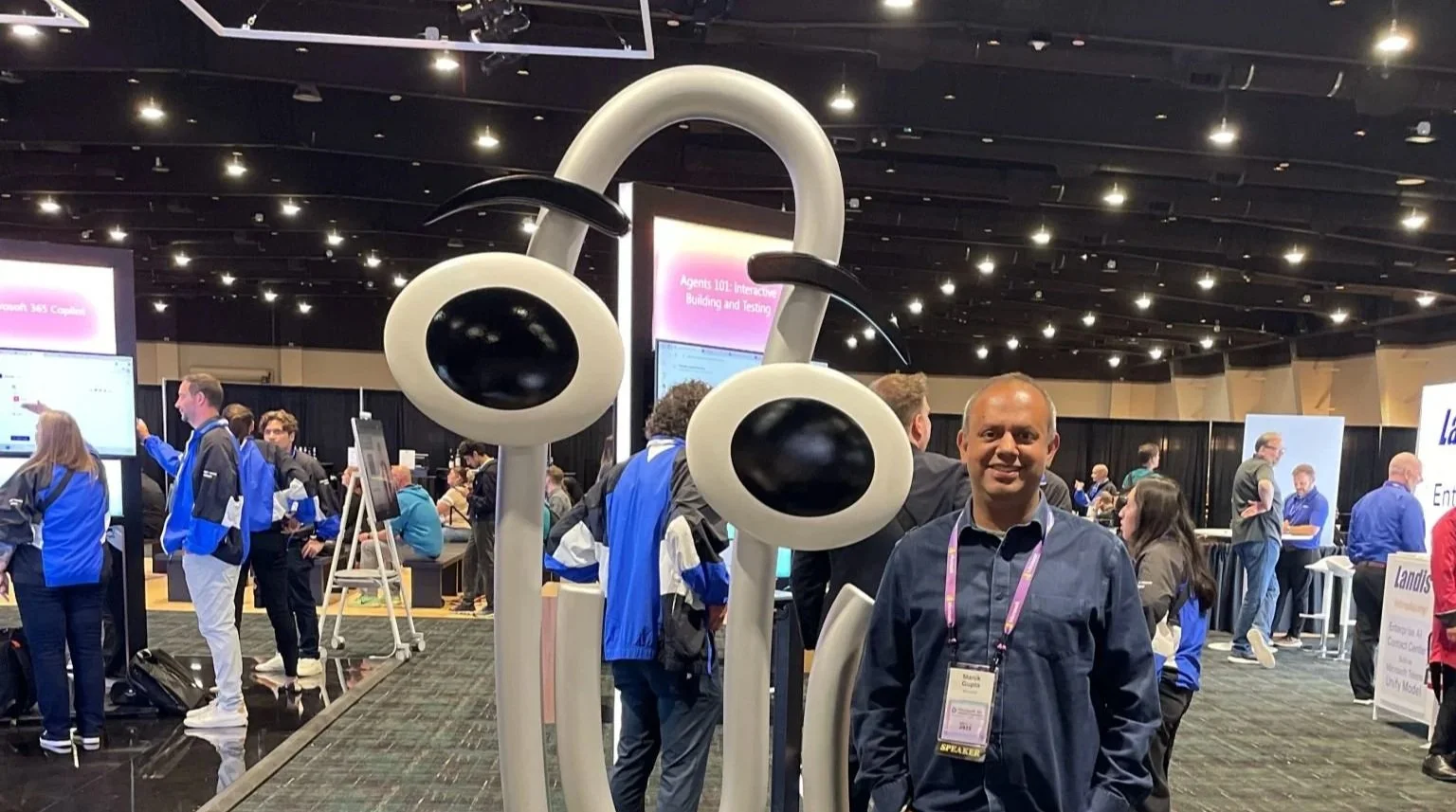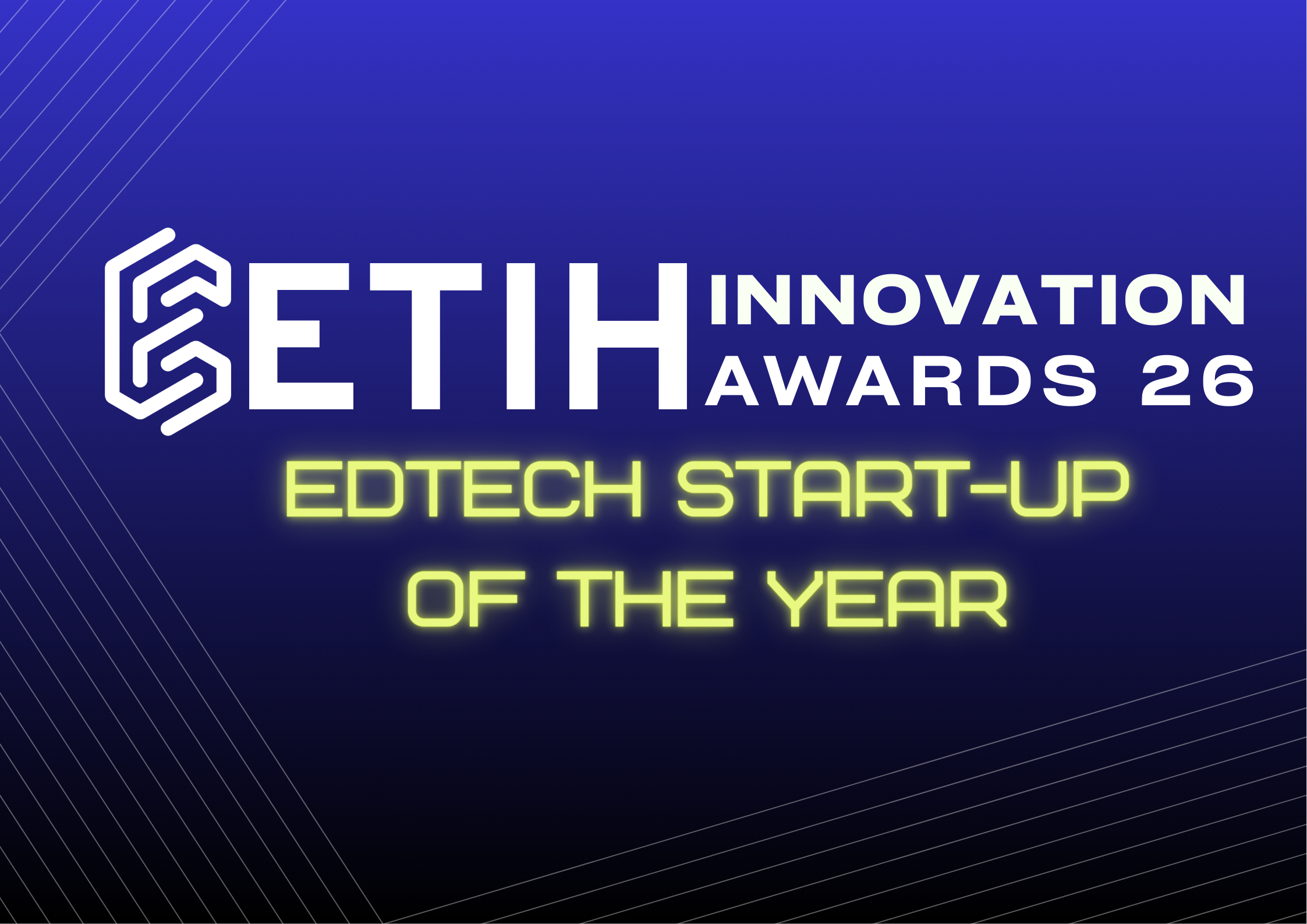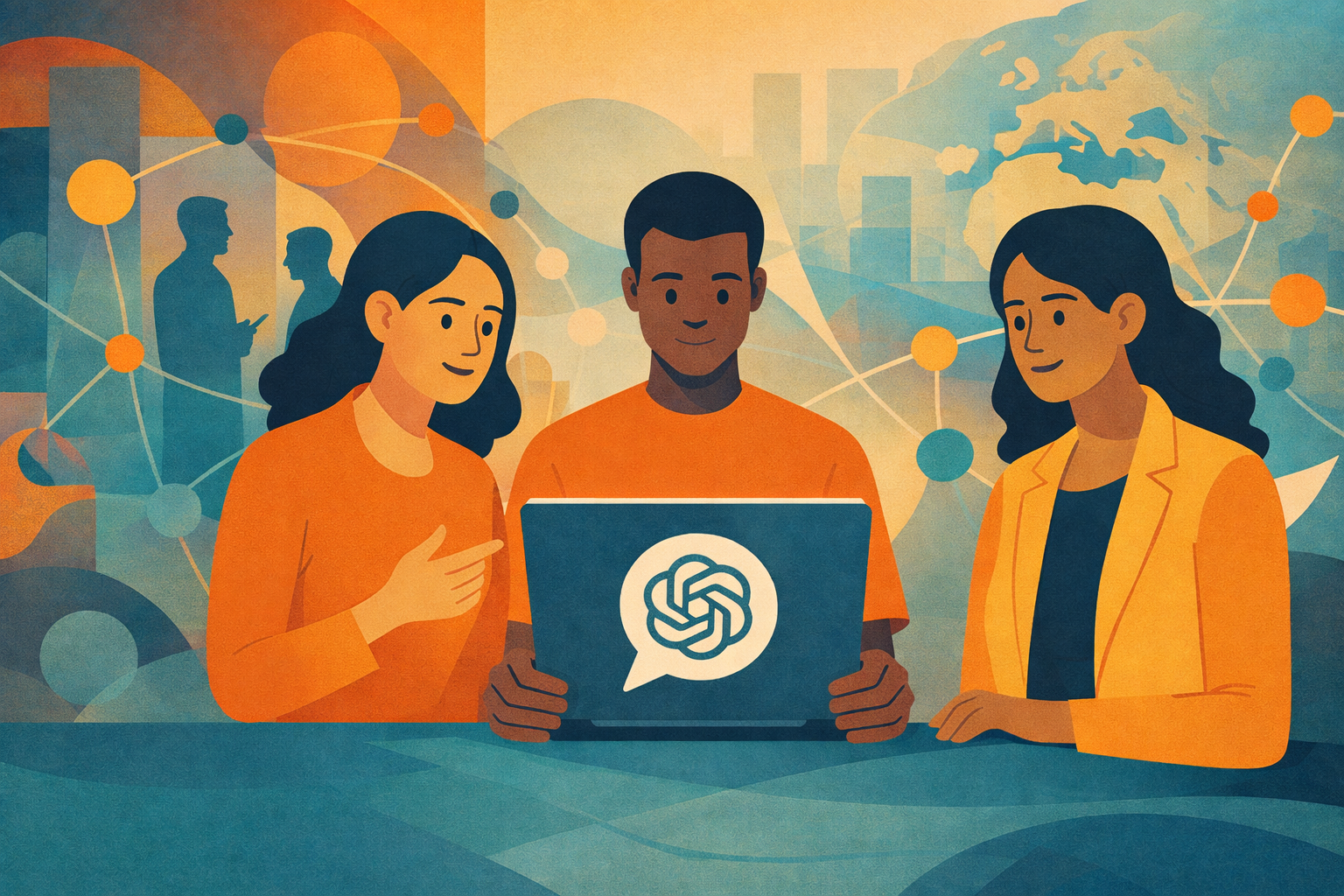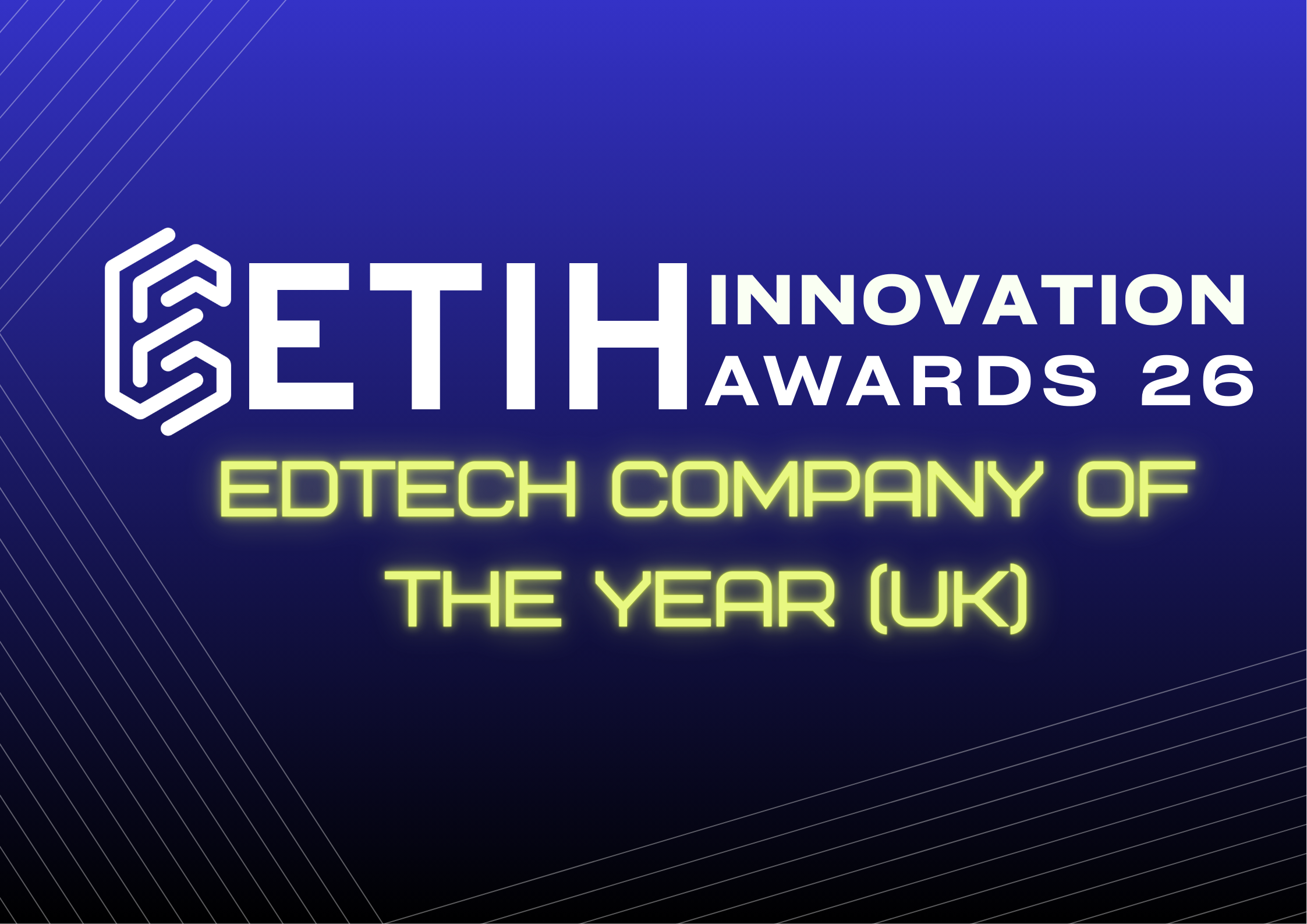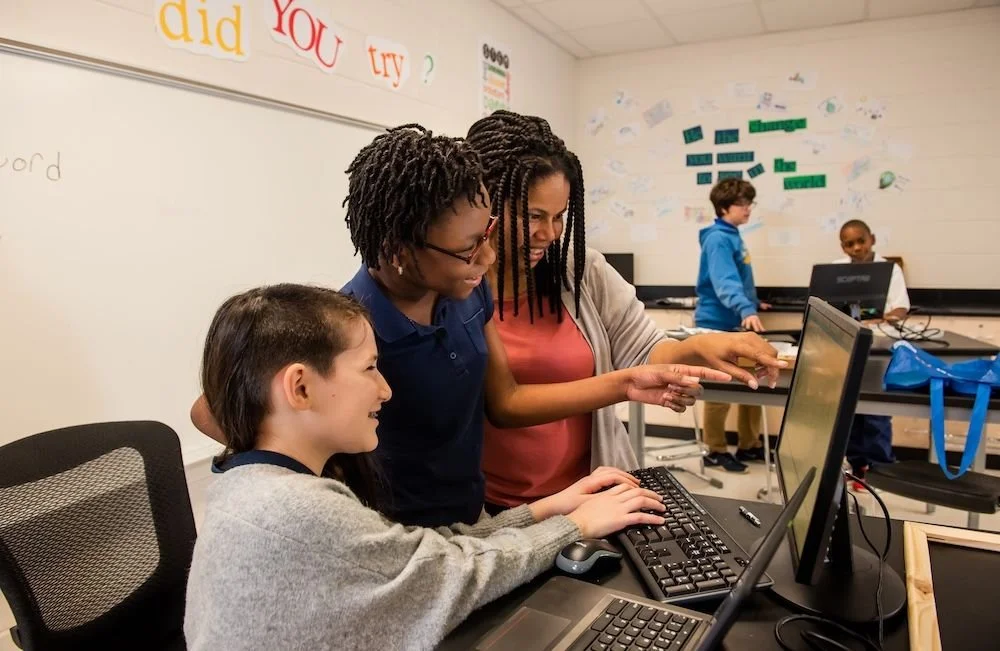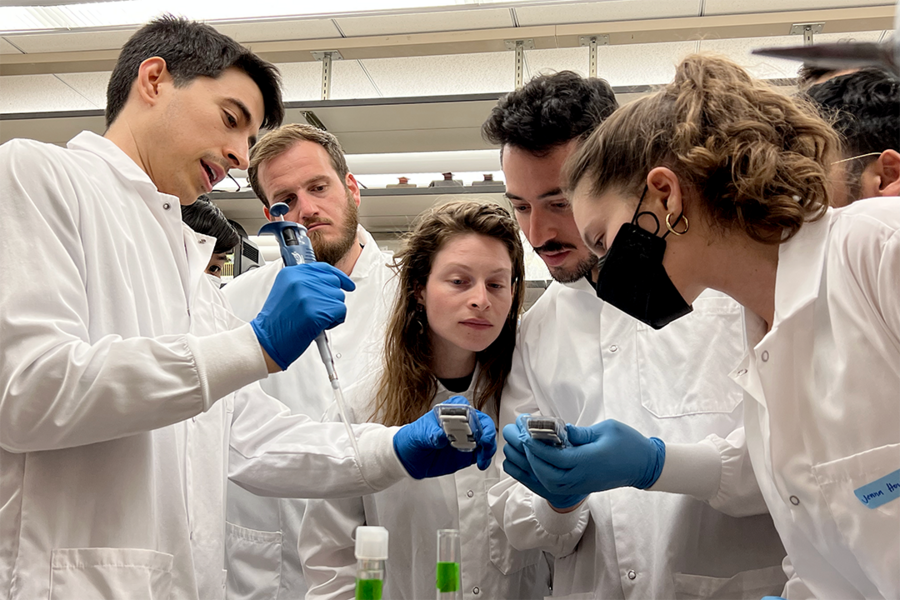New research suggests daily AI use can reduce faculty workload in higher education
A new survey from D2L, an online learning platform based in Canada, and consulting service provider Tyton Partners, has found that daily use of artificial intelligence (AI) can reduce faculty workload in higher education institutions.

D2L surveyed more than 3,000 respondents about the current state of AI use in higher education for its Time for Class 2025 report. It found that more than a third (36 percent) who use generative AI daily reported a marked decrease in their workload.
However, instructors and administrators reported that attempting to monitor student use of AI has created additional work for them, while 39 percent of respondents had experienced no change in their workload as a result of generative AI.
The survey also found only 28 percent of higher education institutions currently have a generative AI policy in place, which can leave students and instructors struggling without standardized guidance or tools in place.
Most administrators (75 percent) and faculty (58 percent) said it is their responsibility, or that of their institution, to teach students how to effectively apply AI to their studies.
"This survey offers a snapshot of AI's ongoing impact in higher education. It also reveals opportunities that can help make the learning experience more engaging, like adopting AI that is designed to better enhance the learning experience alongside sensible rules for AI that provide clarity about its role in learning," comments Dr. Cristi Ford, Chief Learning Officer at D2L. "With the right AI tools in place, faculty can save more valuable time on specific tasks, creating more bandwidth to engage with students one-on-one."
"Our research with D2L reveals a pivotal moment for higher education institutions as they navigate the integration of AI into teaching and learning," adds Catherine Shaw, Managing Director at Tyton Partners. "While there is strong alignment around the importance of preparing students to use AI, institutions need clearer strategies and tools to do so effectively."
The report follows shortly after data from multinational education company Pearson found that college students are using AI study tools to support deeper learning and critical thinking.




